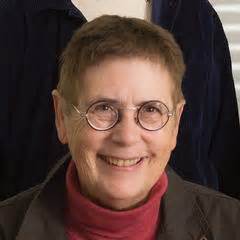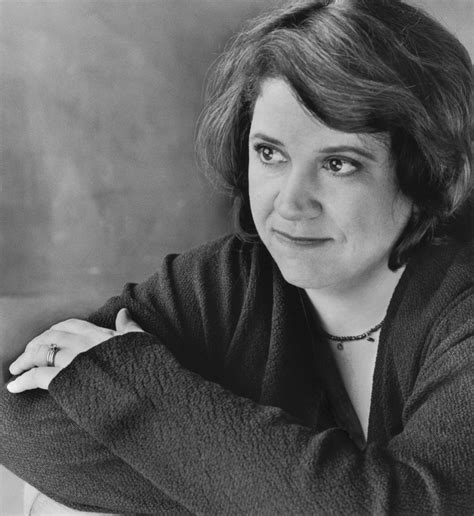A Quote by Sheena Iyengar
You know, like, none of us would choose - no matter where we are in the world - would choose to you know become a member of Orwell's "Nineteen Eighty-Four" world, but how much choice is really the question.
Related Quotes
There is only one way out of the trap: that you don`t choose; neither this nor that - you simply don`t choose. You withdraw from choice and you become choiceless. Choicelessness is freedom. To choose is to choose a prison; to choose is to choose a bondage. To choose is wrong, to be choiceless is to be right.
It wasn't until my teenage years that a book really left a mark, and that was George Orwell's 'Nineteen Eighty-Four.' It was on the syllabus at school when I was about 16, and I went on to read more of his books. It was the height of the Cold War, so a lot of the messages really resonated at the time.
What do you think it is to be normal?' Why in the world would you want to be?' she says. I don't know. I guess that's the problem.' I don't think normal is that great.' But so many people choose it,' I reply. I don't think that's it at all. I think most everyone is normal and some of us, for whatever reason, choose to reject that and wear ruby red slippers or old black hats.' Well, why do we choose the hard road?
As you know, my father was for the inclusiveness and the betterment of society and the world. Certainly we recognize that there are diverse voices in our country, and people have the right of free speech. They have the right of choice, but again, it is our hope that when they choose, they choose to reflect those ideals that he taught us.
I have often asked myself whether, given the choice, I would choose to have manic-depressive illness. If lithium were not available to me, or didn't work for me, the answer would be a simple no... and it would be an answer laced with terror. But lithium does work for me, and therefore I can afford to pose the question. Strangely enough, I think I would choose to have it. It's complicated.
What Orwell feared were those who would ban books. What Huxley feared was that there would be no reason to ban a book, for there would be no one who wanted to read one. Orwell feared those who would deprive us of information. Huxley feared those who would give us so much that we would be reduced to passivity and egoism. Orwell feared that the truth would be concealed from us. Huxley feared the truth would be drowned in a sea of irrelevance.
Do you know of any more overwhelming and humbling expression for God's condescension and extravagance towards us human beings than that He places Himself, so to say, on the same level of choice with the world, just so that we may be able to choose; that God, if language dare speak thus, woos humankind - that He, the eternally strong one, woos sapless humanity? Yet, how insignificant is the young lover's choice between her pursuers by comparison with this choice between God and the world.




































